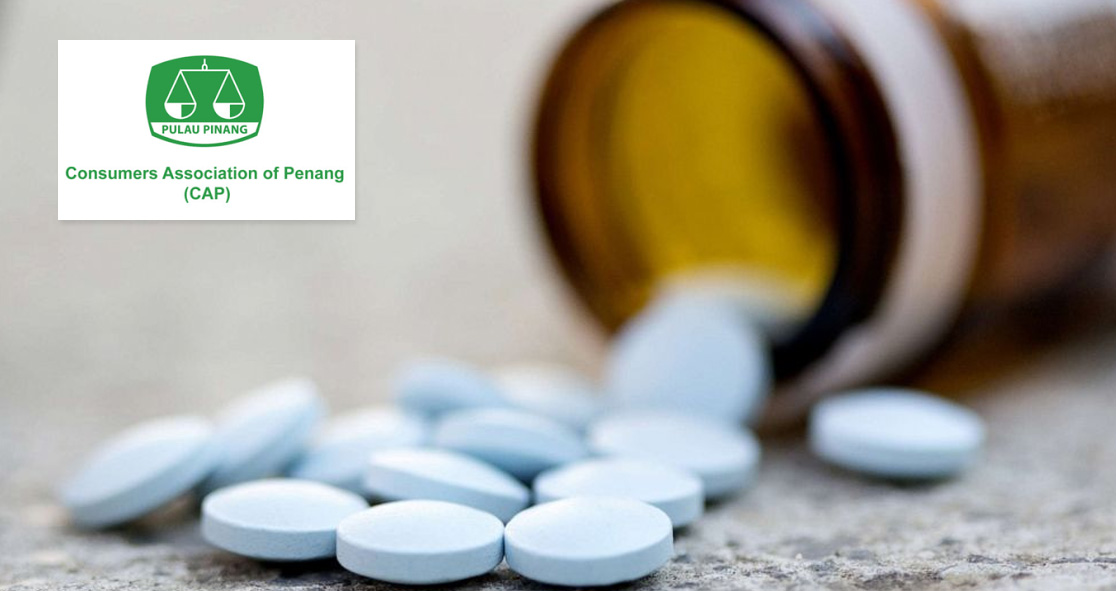The Consumers Association of Penang (CAP), Malaysia, has called on the Health Ministry to strictly enforce the ‘Poisons Act 1952’ as some food and drink items were found to be tainted with prescription drugs.
The agency found more than 20 food products, including health drinks, candies, and premixed coffee, which contained the prescription, controlled drugs such as sildenafil (Viagra), tadalafil (Cialis), and steroids such as dexamethasone and prednisolone.
Sildenafil and tadalafil are the prescription-only drugs used for the treatment of erectile dysfunction, while dexamethasone and prednisolone are steroidal drugs used for a variety of medical conditions.
These drugs can only be purchased if you have a prescription. The CAP is investigating how these drugs got into the hands of food manufacturers.
Well, this is not the first time the health products have been tainted with undeclared drugs. There have been many products, including supplements, which were reported of making people sick or even dying after consuming products containing prescription drugs.
For instance, in 2014, a 36-year-old man died after drinking a coffee tainted with sildenafil. A combination of sildenafil and caffeine could increase blood pressure to a potentially dangerous level, and if this goes unchecked or untreated, a person can die.
The authorities have now banned the coffee the man had, but it was still available in a few shops.
Since 2008, the CAP has been in constant touch with the Health Ministry.
The Malaysian agency found a number of different brands of coffee mixes that claimed to contain traditional ingredients like Tongkat Ali or Kacip Fatimah. These coffee brands are sold as sexual enhancement products, claiming to have the ability to boost your sexual prowess.
Over time, the Health Ministry has been confiscating supplements containing prescription drugs. Even though the agency bans such products, some stores still sell such products in different brand names, making it difficult to trace them.
The CAP has asked the ministry to investigate how manufacturers of these illicit products get their hands on controlled drugs. If the ministry fails to do, it would be difficult to stop these dangerous products from being sold. The agency has urged the Health Ministry to take a serious look at the situation and immediately enforce the Poisons Act 1952 on such products.






















